Do Spiders Die After Laying Eggs?
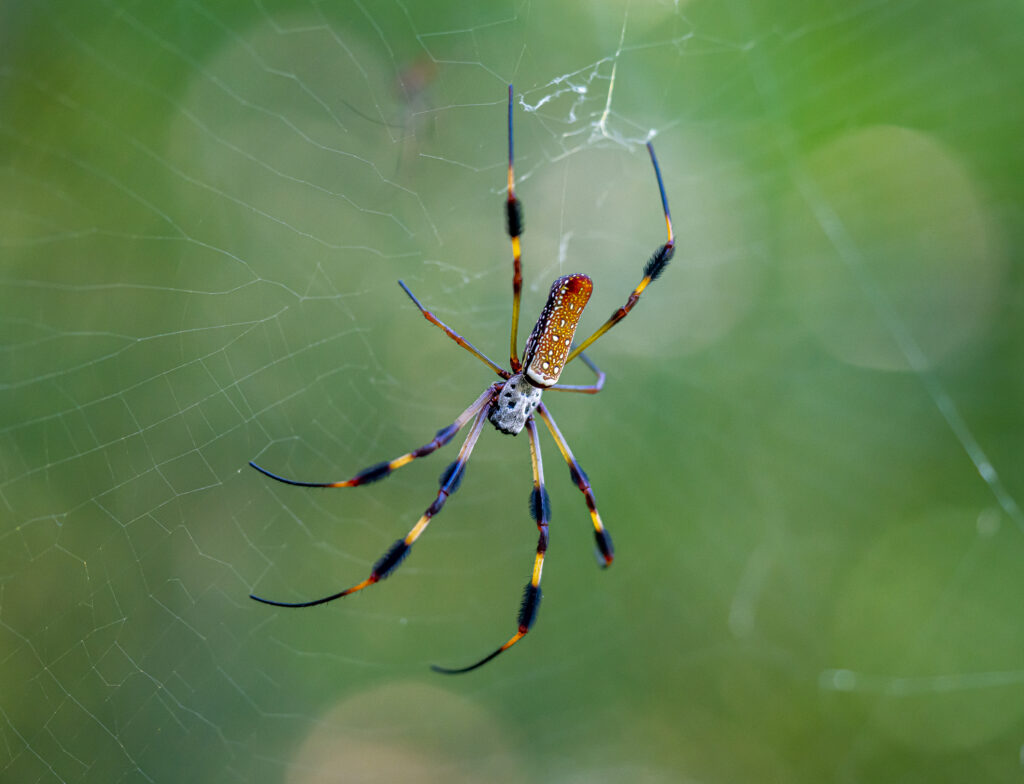
No, spiders do not generally die after laying eggs. The lifespan of spiders varies greatly depending on the species. Some spiders may live for several years, and many spiders will lay eggs multiple times throughout their lives. The process typically involves the female spider laying her eggs in a silken egg sac, which she often […]
Do Spiders Bite?
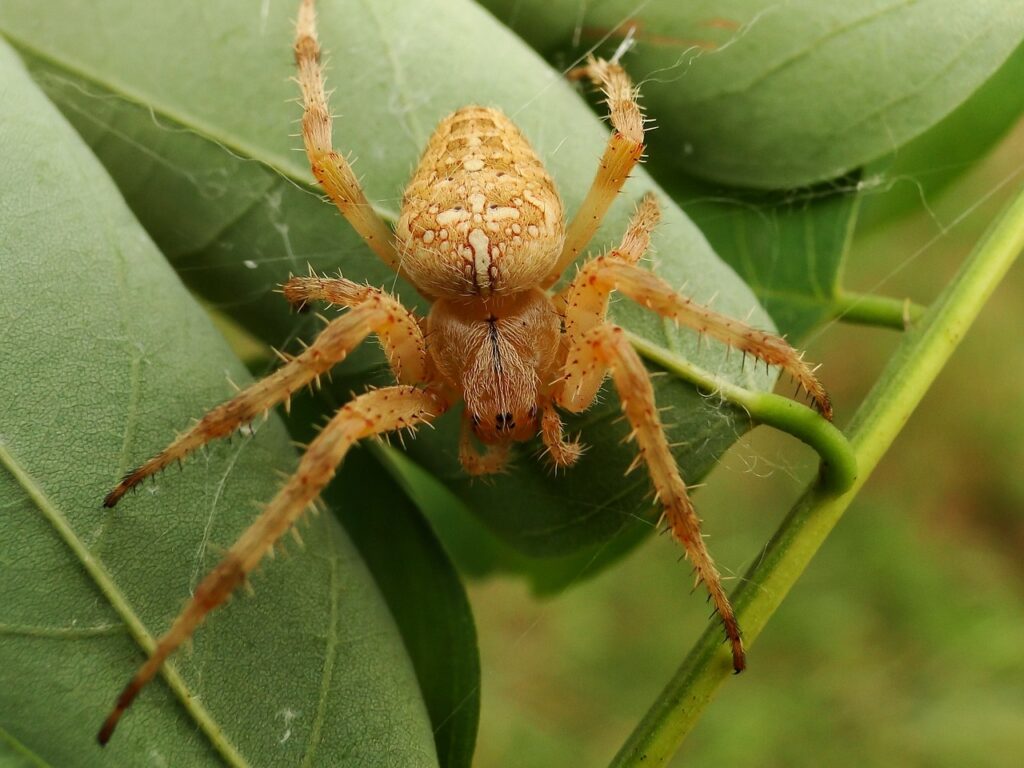
Yes, spiders are capable of biting, but they usually only do so in self-defense. Most spiders are not harmful to humans. Only a few species have venom that can cause serious harm to humans. However, even these spiders are not typically aggressive and prefer to avoid contact if possible. Most spider bites cause only minor […]
Are Spiders Cold-Blooded?
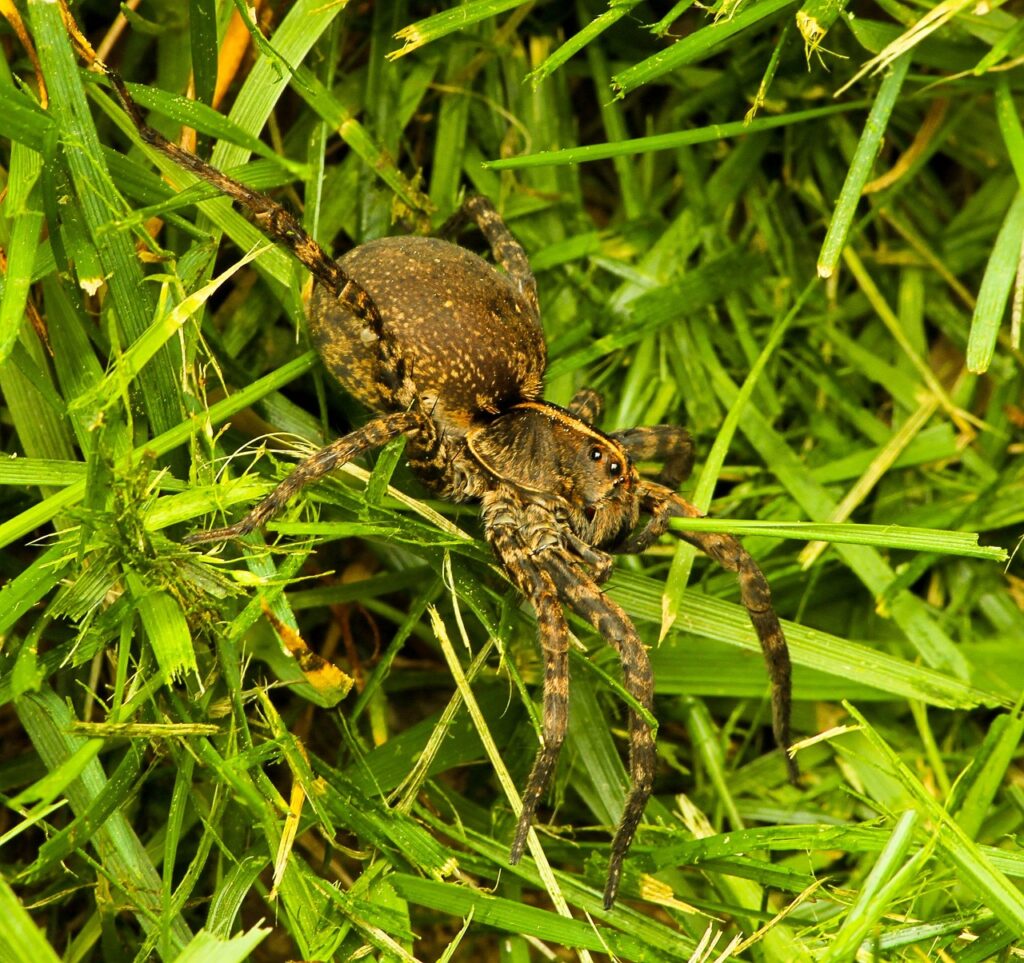
Yes, spiders are cold-blooded, which means they are ectothermic. This means that their body temperature is regulated by the external environment. When it’s warm, they are more active, and when it’s cold, they slow down. This is a common trait among invertebrates, including insects and arachnids. It’s also part of why you might see spiders […]
Do Spiders Hibernate?
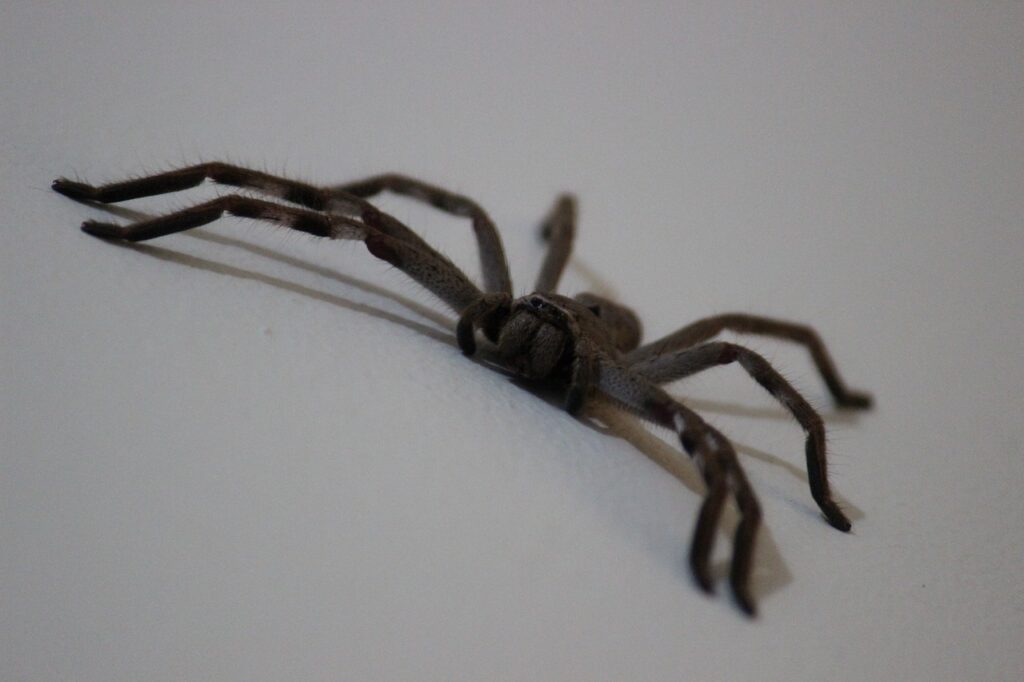
Many types of spiders do go through a kind of hibernation during colder months, but it isn’t exactly the same as the deep, prolonged sleep that some mammals experience. Spiders, being cold-blooded creatures, slow down in the cold, and their metabolic rate decreases. This state, often referred to as “overwintering,” involves a period of reduced […]
Do Spiders Have Brains?
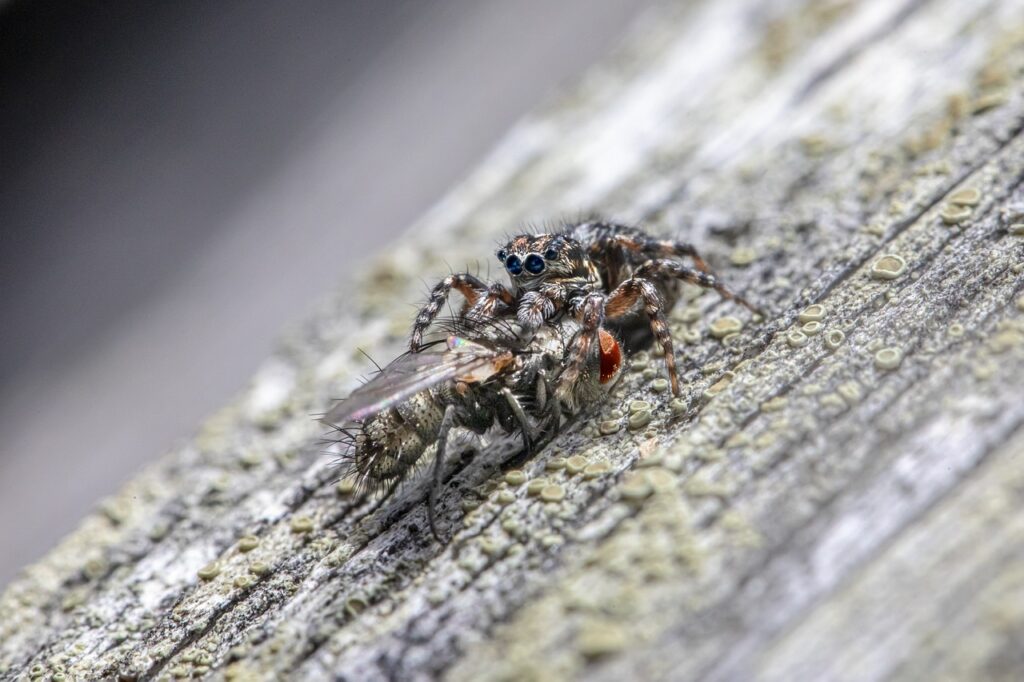
Yes, spiders do have brains. However, the brain of a spider is much different from the brain of a mammal like a human. The nervous system of a spider is centralized in its cephalothorax, the front part of the body that’s a fusion of the head and thorax. In a sense, spiders have a kind […]
Do Spiders Have Bones?
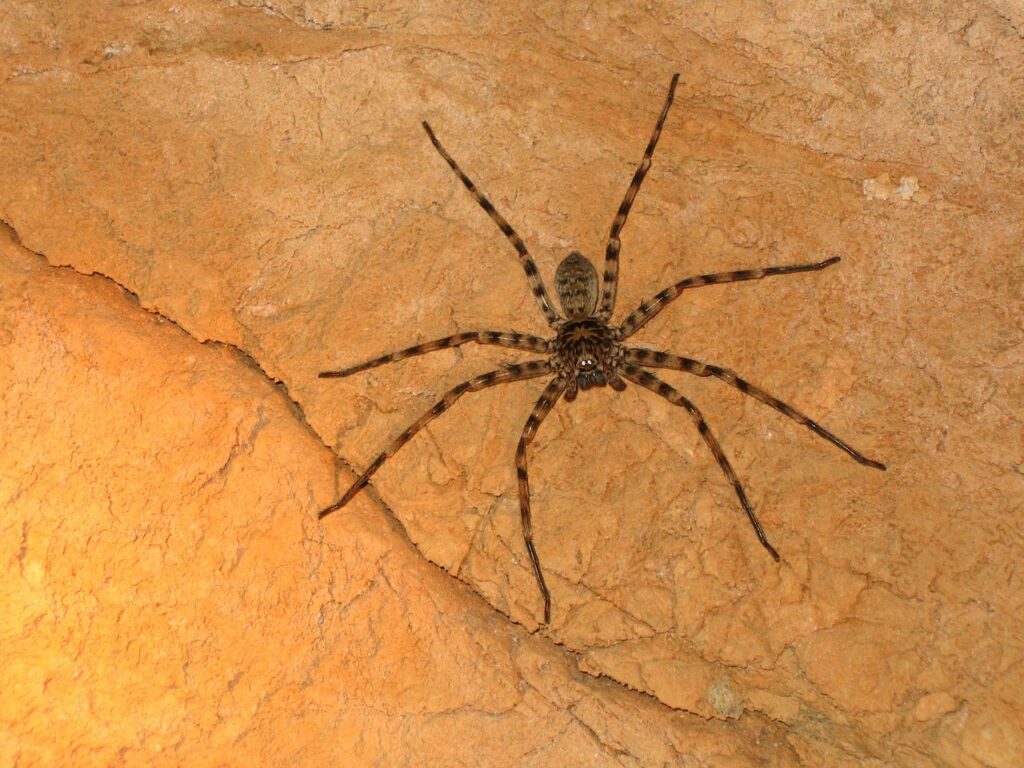
No, spiders do not have bones. Spiders, like all arachnids and insects, have an exoskeleton. An exoskeleton is a hard, protective, outer shell that supports the body, provides a defensive shield, and allows for movement through the use of attached muscles. This is different from an endoskeleton, which is the internal skeleton structure that humans […]
Do Spiders Eat Ants?
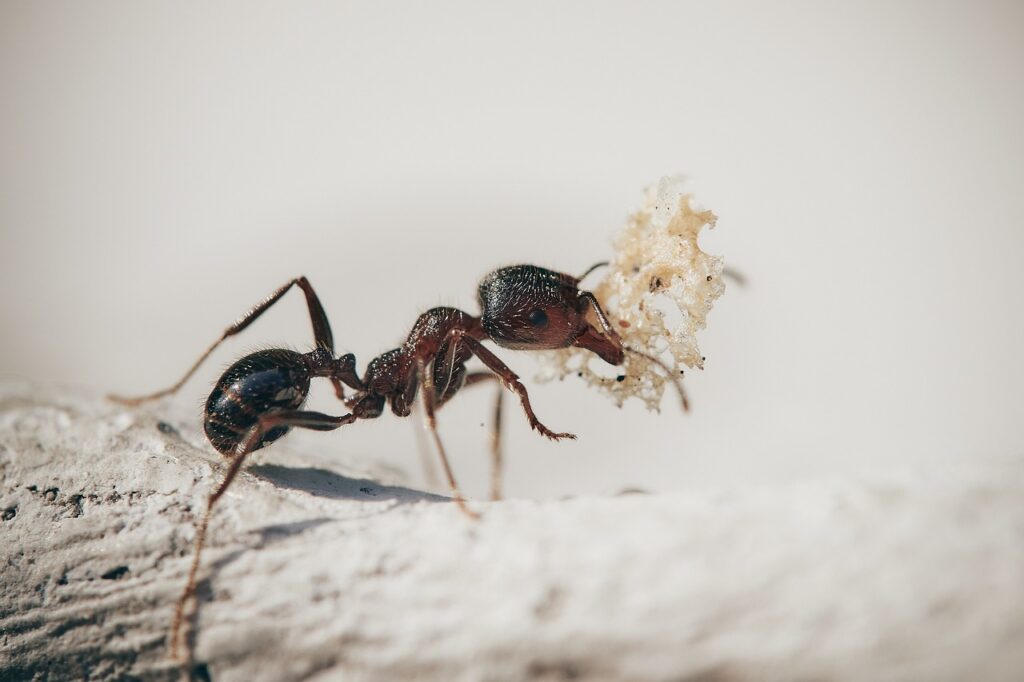
Yes, many species of spiders are known to eat ants. Spiders are generalist predators, which means they will often eat any prey that they can capture, and ants can certainly fall into this category. However, capturing and eating ants can be more challenging for spiders than you might think. Many ants have strong mandibles and […]
Can Spiders Fly?
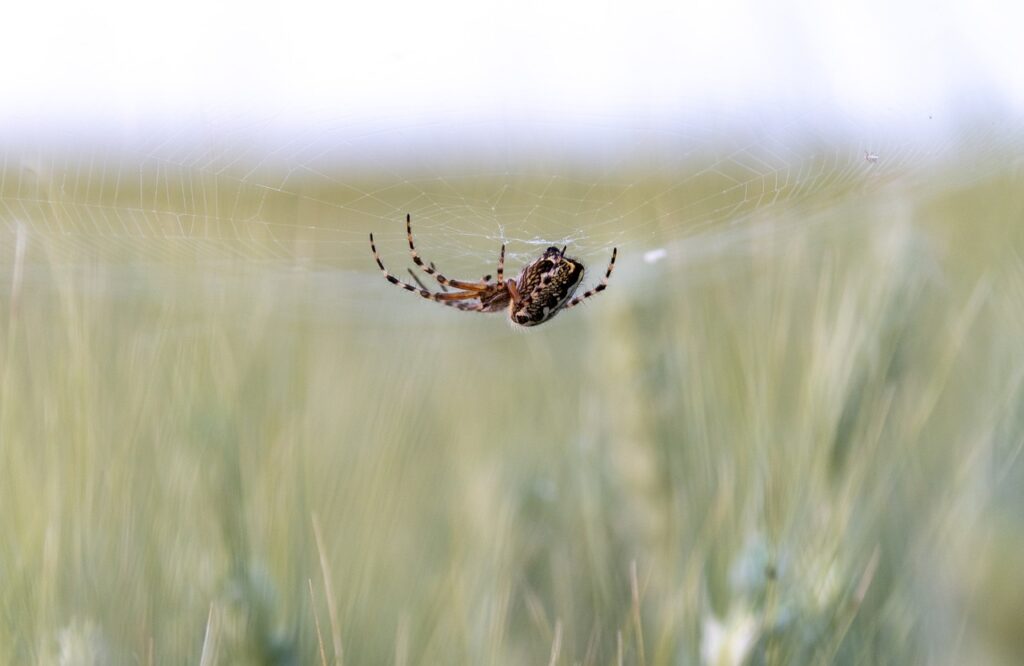
While there are no spiders that fly as say a bird for example, some spiders are known to engage in a behavior called “ballooning,” which is often misconstrued as flying. Ballooning is a form of spider transportation in which a spider will climb to a high point, release a silk thread into the air, and […]
Are Spiders Nocturnal?
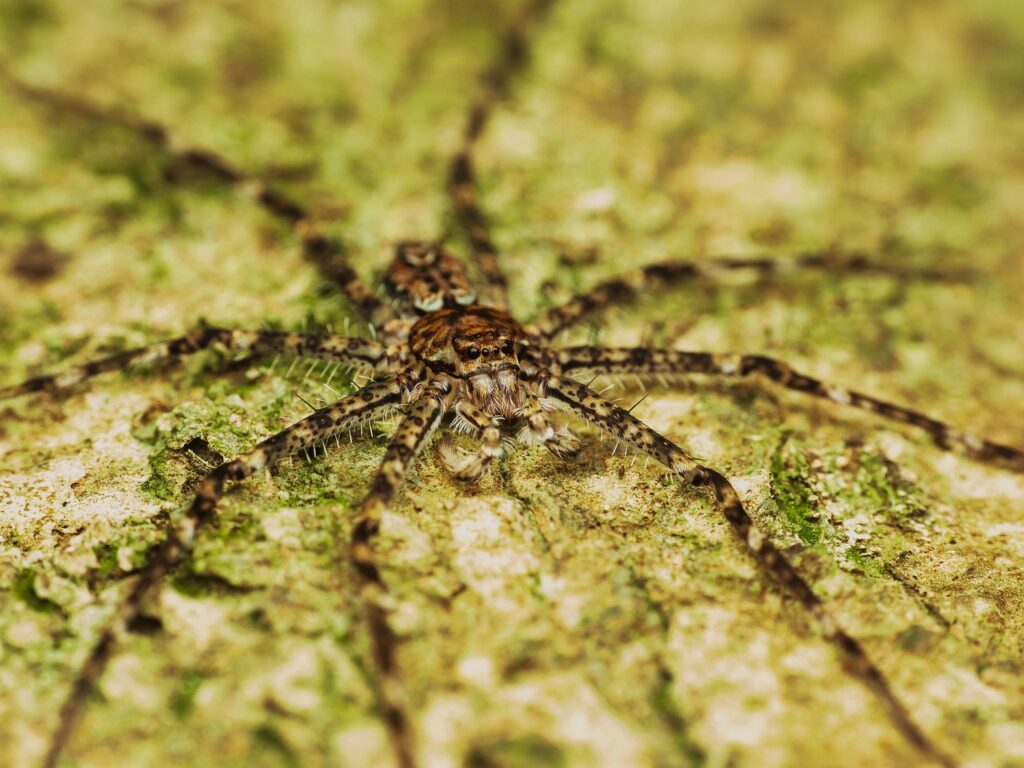
Many, but not all, species of spiders are nocturnal, meaning they are most active during the night. The darkness provides them with protection from predators and also makes it easier for them to catch their prey. However, there are also diurnal spiders, which are active during the day. Jumping spiders are a common example of […]
Are Spiders Animals?
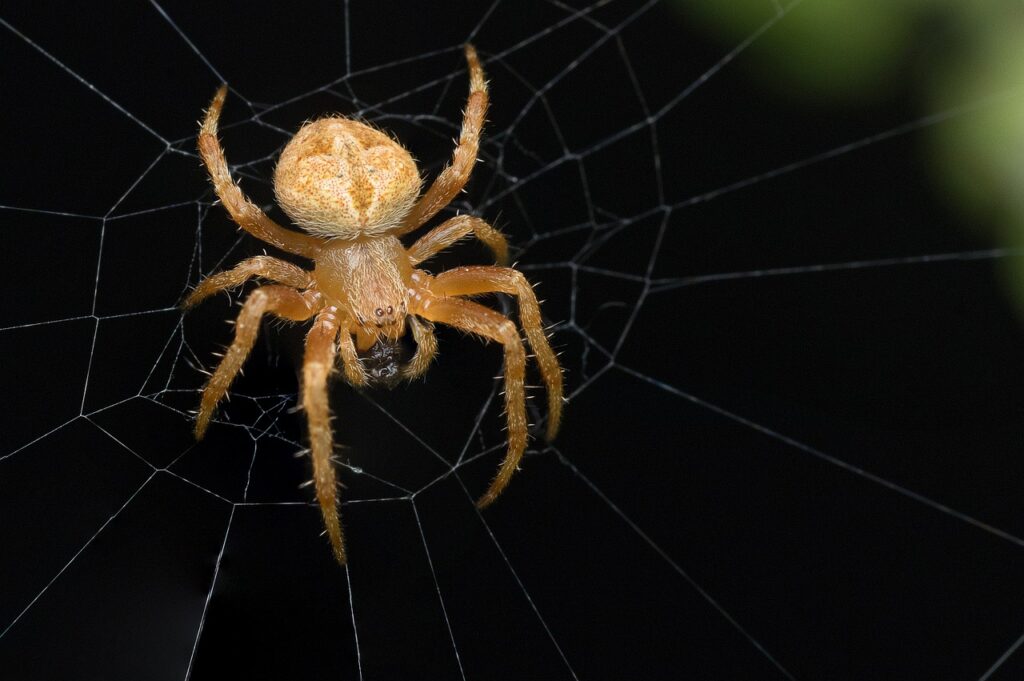
An animal is a multicellular, eukaryotic organism that belongs to the biological kingdom Animalia. These organisms are characterized by their ability to move voluntarily, their heterotrophic mode of nutrition (meaning they obtain nutrients by consuming other organisms), and their ability to sense and interact with their environment. Here are some key characteristics of animals: Multicellular: […]